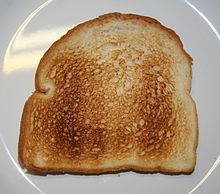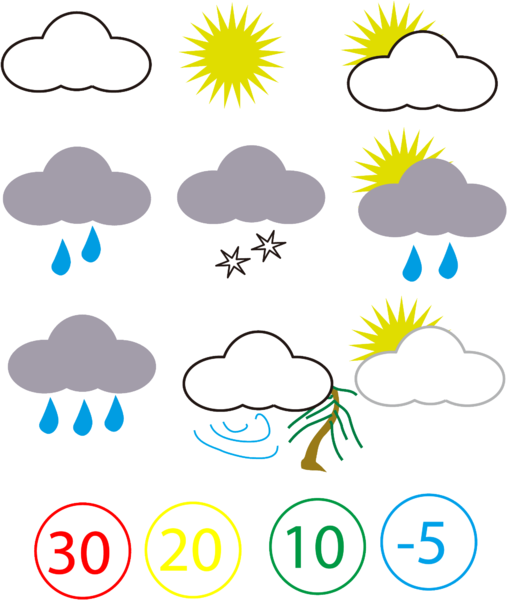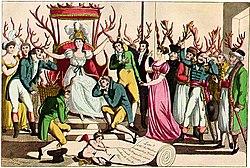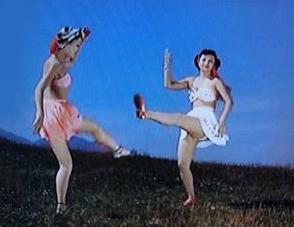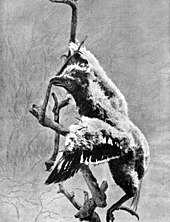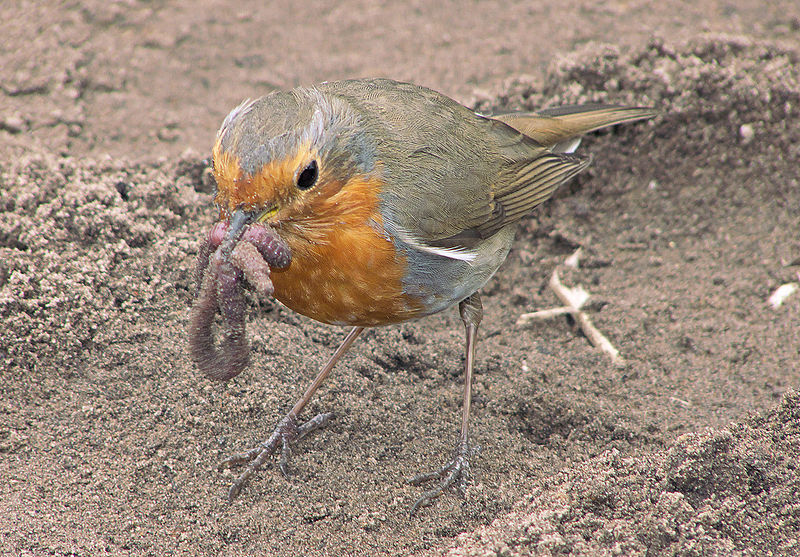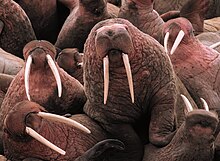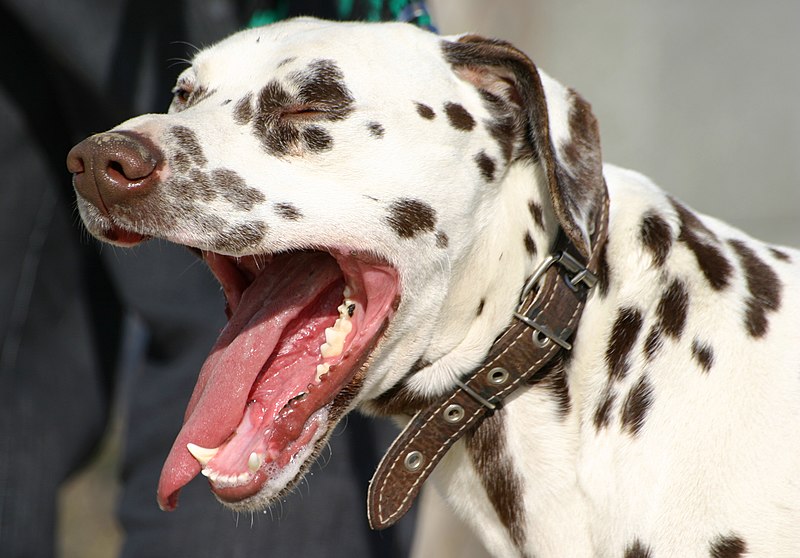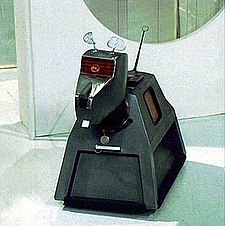In the end I decided that it was probably something to do with croutons - and then I spent a lot of time worrying about people choking.
Yes, I was a weird kid. But then just look how I grew up...
...hm...possibly best not.
Anyway. It's an odd word, toast. It's one of those words, a contranym, which is its own opposite: the toast of the town is the most cherished and admired person around, but to be toast is to be utterly defeated and quite possibly dead.
Unless you're a pre-recorded track, when toast means to have vocal effects added.
On the other hand if you're toasty then you're pleasantly and happily warm. If you have a toastie then you've got a toasted sandwich.
Hey, but there are worse ways to start the New Year than that.
Cheers and good health!

Thing To Do Today: toast. The heating-things word comes from the Old French toster, from the Latin torrē
So there we are. A weird kid, yes, but in this case only as weird as the weird weird world.
Which I'd say is ample.
